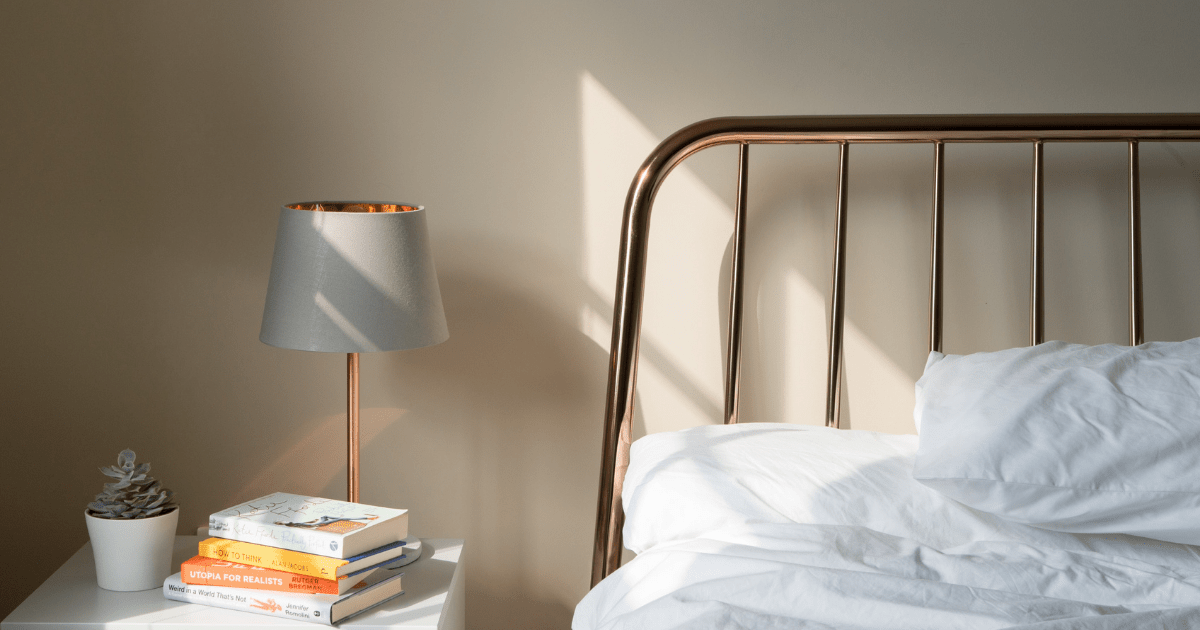A Guide to Perfecting Your Morning and Night Routines
 Written by: Reya Siby
Written by: Reya Siby
Photo by: Holly Stratton on Unsplash
Having a daily morning and night routine can actually help you sleep better, leading to greater productivity throughout the day. With everything being virtual and staying indoors for so long, it might seem pointless to add structure to your day and instead, you might find yourself doing everything whenever you feel like it. However, how you end and start your day is very important for both your physical and mental wellbeing. So, if you’re having difficulty following a routine, here are some things you can do to get you started.
In the mornings…
1. Pick a time to wake up every dayIt’s recommended to get at least 7 hours of sleep, so pick a time that makes you feel fully rested. Whether that be early as 7 am or late as 10 am, pick a wake-up time that you can stick to. Just try not to sleep beyond this time, as not only do you waste your day but you’re likely to feel more tired.
2. Make your bedTidying your bed in the morning is found to increase productivity, decrease stress levels, and improve mood. Also, when you get ready to sleep at night, you have a clean and fresh bedroom to rest on.
3. Don’t skip breakfast!Eat breakfast! There’s a reason why breakfast is noted as the most important meal of the day. It gives you the energy to get things done and helps you focus on work or school. When you skip breakfast, the blood sugar your body needs to make your muscles and brain work is lower and your body’s metabolism is thrown off.
4. Get your body movingYou could take a walk, do some stretching, or even have a short workout. Whatever physical activity you engage in, moving your body somewhat helps to get your blood flowing. Also, it helps you start the day with more optimism, energy and focus.
Before you go to sleep…
1. Don’t eat dinner too lateIt’s recommended to eat dinner at least 3 hours before your bedtime. When you eat dinner late at night, this could lead to poor digestion and a disturbed sleep cycle.
2. Avoid screensStay away from technology at least an hour before bedtime because bright screens can delay melatonin release which is important for sleep. If you’ve developed a habit of using your phone or laptop before bed and have difficulty falling asleep without it, try instead to read or wear a sleep mask.
3. Prep for tomorrowMaybe you have work or somewhere you need to be the next day. If so, you can figure out what outfit you’re going to wear or what you’ll need in advance, so that you’re stress free when you wake up. Even if you’re not going anywhere, you’ll probably have things to do the next day, so you can get your work table ready.
4. Sleep around the same timeJust like waking up around the same time every day, also try going to bed around the same time every day. Having a regular bedtime makes your body anticipate regular sleep, so you’re more likely to sleep better.
Published on

